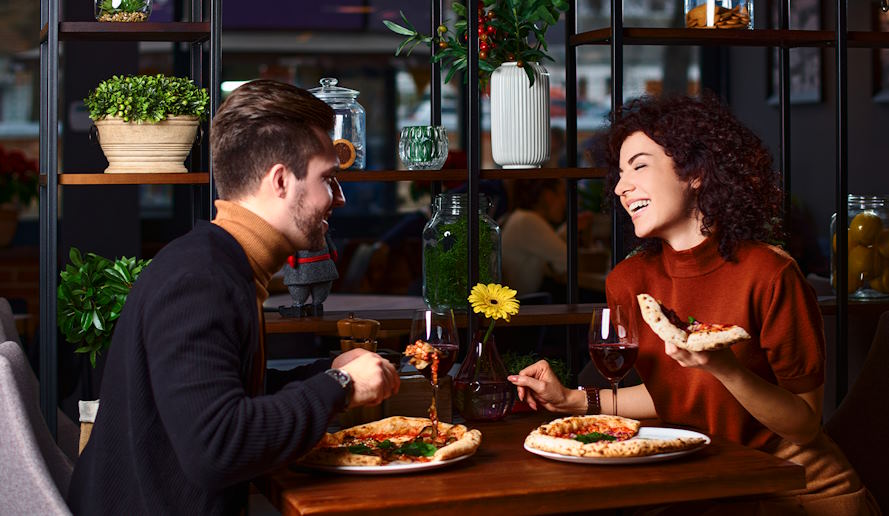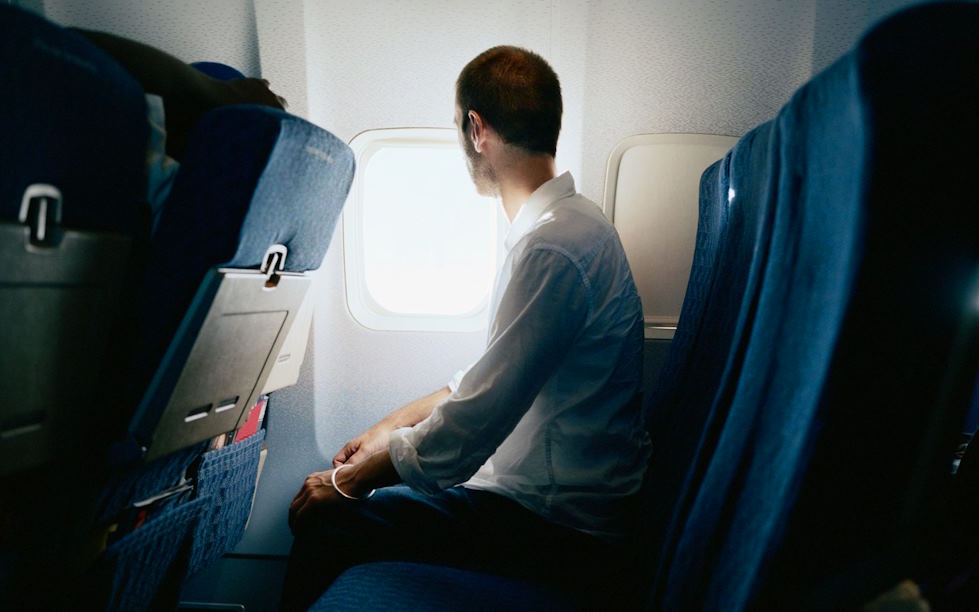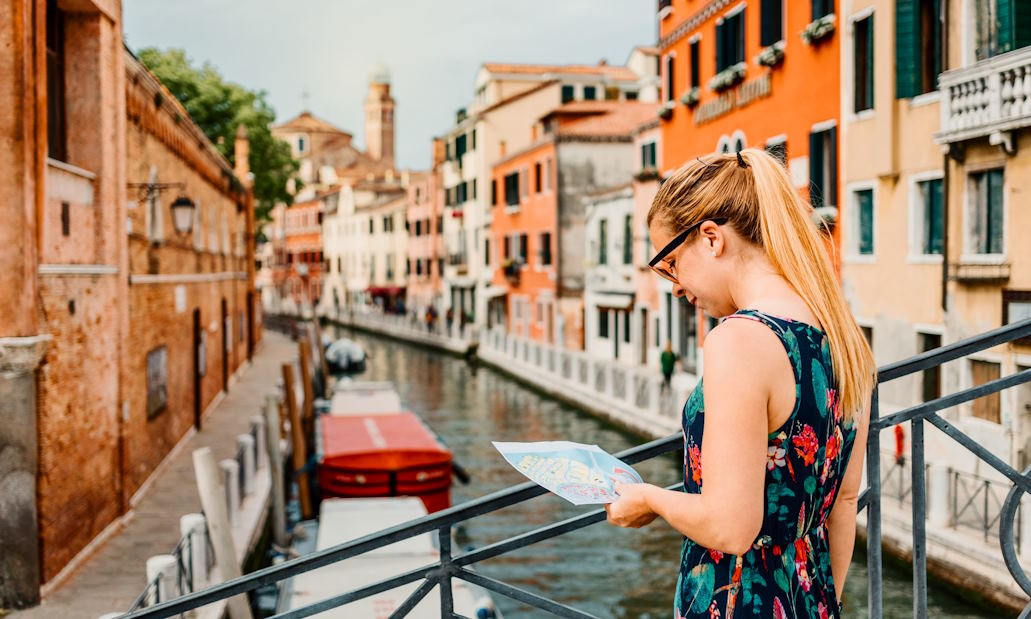In the enchanting tapestry of European cultures, each thread weaves a unique story of tradition, etiquette, and social norms. For the curious traveler, navigating the rich customs of European nations is akin to embarking on a captivating journey through time-honored rituals and diverse etiquettes. Cultural etiquette serves as the compass that guides us through the landscapes of greetings, dining rituals, and communication styles. Understanding and respecting these nuances not only ensures smoother interactions but also opens doors to deeper connections and a more immersive travel experience.
General Etiquette Tips: Navigating Social Customs Across Europe
Greetings and Introductions:
In the vast tapestry of European greetings, subtle nuances can speak volumes. From the hearty handshakes of the Germans to the double-cheek kisses favored in France and Italy, or the respectful nods of the British, each country unveils its unique approach to initial interactions. Equally important is the art of addressing individuals by their titles and last names, a practice that resonates differently across borders. While the French appreciate the formality of titles, in Sweden, the use of first names is common, emphasizing the importance of understanding the cultural context to foster a respectful rapport.
Dining Etiquette:
Dining in Europe is a cultural journey unto itself, where table manners serve as a window into local customs. From the continental elegance of French dining to the communal spirit of Italian meals, grasping these subtleties enhances the culinary experience. Be it in a bustling restaurant or a cozy home setting, appropriateness prevails, highlighting the significance of understanding the local context. Tipping customs also vary widely, with some countries incorporating service charges while others rely on the generosity of patrons. A savvy traveler, well-versed in the intricacies of European dining etiquette, will find their culinary adventures all the more satisfying.

Communication Styles:
In the realm of communication, Europeans exhibit diverse verbal and non-verbal cues. From the directness of the Germans to the more reserved demeanor of the British, adapting to these styles is key to successful interactions. Understanding personal space and body language is equally crucial, with cultural norms influencing the acceptable distance between conversing individuals. The importance of politeness and formalities cannot be overstated, with “please” and “thank you” acting as linguistic bridges that facilitate smooth social exchanges. In the ever-shifting landscapes of European communication, a traveler armed with awareness will find themselves navigating conversations with finesse, fostering connections that transcend linguistic barriers.
Country-Specific Customs: Unveiling the Tapestry of European Diversity
Western Europe:
- France: Known for its sophistication, France places great importance on titles and formalities. Addressing individuals with their appropriate titles is a sign of respect, reflecting the country’s deep-rooted cultural etiquette. In dining, the French take pleasure in savoring each culinary moment. Meals are a celebration of life, with an emphasis on the appreciation of food as an art form.
- Germany: Punctuality and efficiency are revered virtues in Germany. Being on time is not just a courtesy but a cultural expectation, reflecting the nation’s commitment to order and precision. Communication is direct and straightforward, mirroring the efficiency that permeates various aspects of German life.

Southern Europe:
- Italy: Italy’s charm lies in its expressive gestures and body language. Conversations become a ballet of movement, adding depth and emotion to words. Family values are sacrosanct, and social connections are nurtured with warmth and authenticity.
- Spain: Embracing the siesta tradition, Spain embodies a relaxed pace of life. The importance of socializing is evident in the vibrant street life, where relationships take precedence over hurried tasks. Building connections is an art, and the Spanish excel at it.
Northern Europe:
- United Kingdom: Tea culture is a cornerstone of British etiquette, symbolizing politeness and conviviality. Queuing, or standing in line, is a national pastime, illustrating the Brits’ respect for personal space and a sense of order.
- Sweden: Guided by Jantelagen, a cultural principle promoting modesty, Swedes value humility and equality. Gender equality extends to the workplace, with customs promoting fairness and collaboration, making Sweden a model for workplace harmony. In Northern Europe, each country adds its unique thread to the rich fabric of European customs, creating a tapestry that beckons exploration and understanding.





